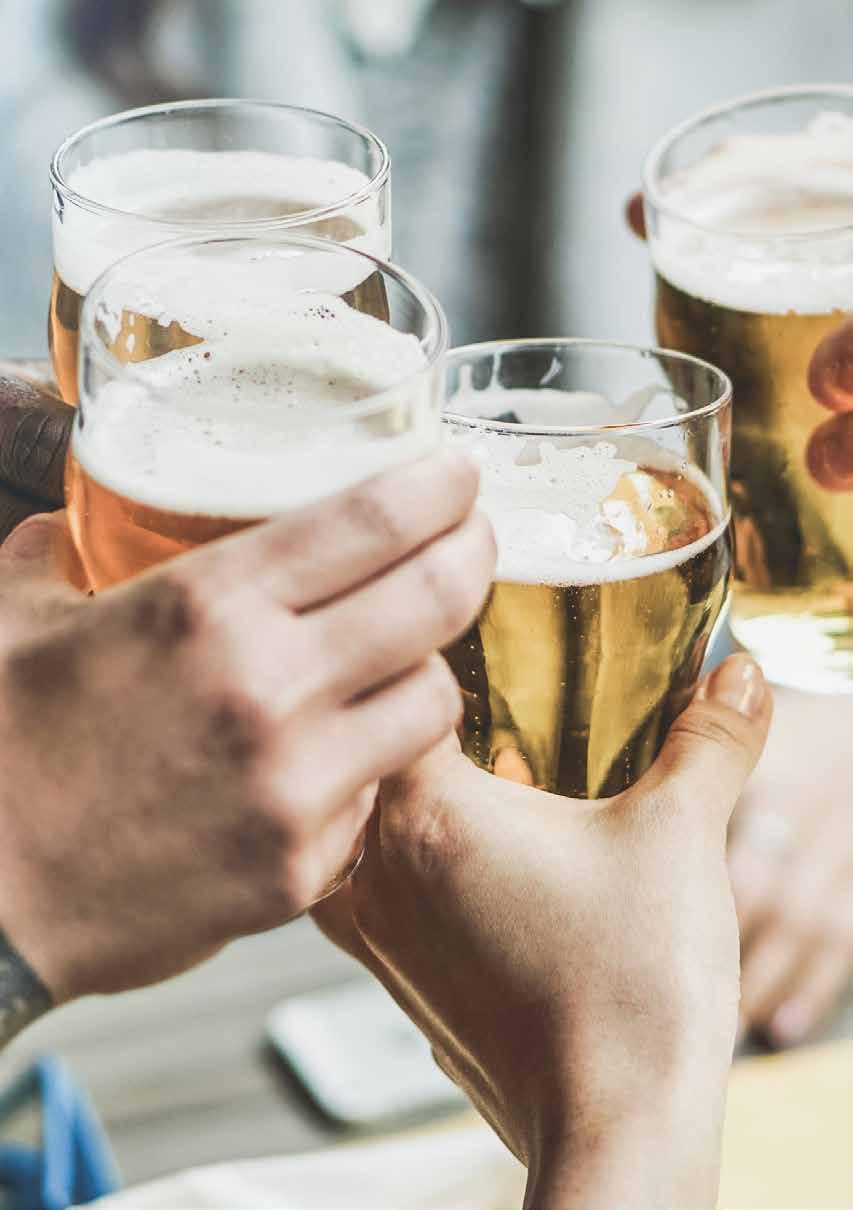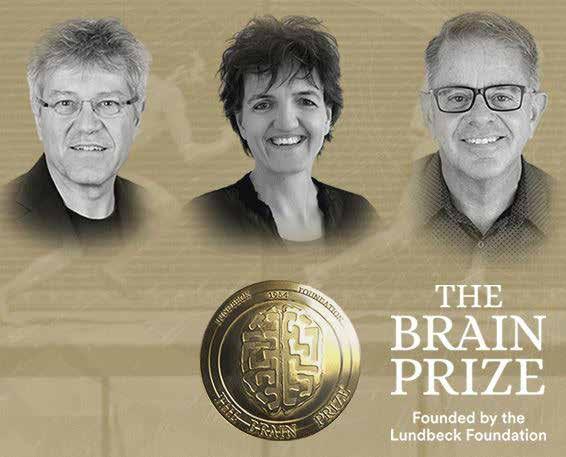
1 minute read
Familiar objects can prevent autism-like behaviors in mouse model
The emergence of autism traits can result from different factors, such as a person’s environment and genetic background. Researchers in the group of Pico Caroni and their Novartis collaborators showed that exposing mice with an autism mutation to a new environment can trigger autism-like behaviors through faulty signaling in the brain. However, adding familiar objects to the environment can rescue these defects, suggesting that behavioral therapies involving familiar features may help to prevent the emergence of autism traits in predisposed people.
Monthly Happy Hours are back
Advertisement
After a forced break of two years due to COVID, the beloved FMI Happy Hours can finally brighten our Friday afternoons monthly again. Organized by two research groups and usually linked to a theme, Happy Hours are a great opportunity for people from various labs and roles to mingle and have fun together over drinks and nibbles.
Silvia Arber awarded Brain Prize 2022
Silvia Arber received the Brain Prize 2022, the world’s largest neuroscience prize, together with Ole Kiehn at the University of Copenhagen and Martyn Goulding at the Salk Institute. This year’s winners were recognized for their groundbreaking work on the neuronal cell types and circuits that control body movements in mammals. Their discoveries offer hope that science can eventually make breakthroughs in the treatment of life-threatening and debilitating diseases such as ALS, Parkinson’s disease and spinal cord injury. The Brain Prize is awarded every year by the Lundbeck Foundation in Denmark.











